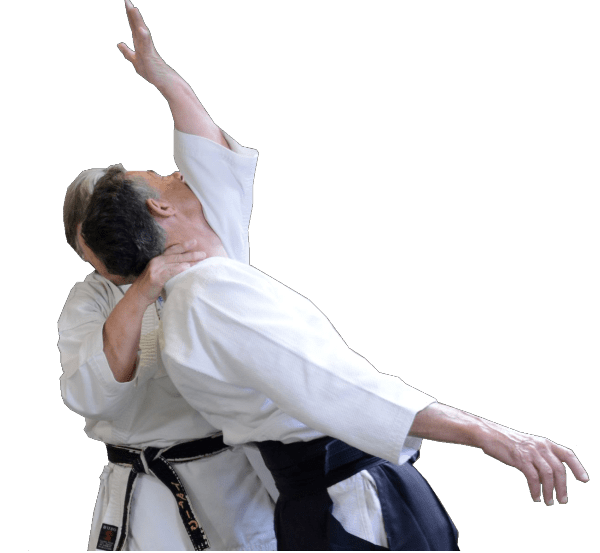Of all the exercise options available Why Choose Aikido?
There are many resources available that will explain what aikido is but the question above is rarely answered.We hope you can find your answer in the list below.
Aikido classes include a cross section of our society - doctors, lawyers, students, law enforcement, businessmen and women, and more. They all come to classes for the same reason - to get better at Aikido. At the same time they are improving their welbeing and learning practical physical skills. It doesn't matter that many of these benefits cannot be seen. The Aikido lifestyle is about taking the lessons learned on the mat and applying them to your everyday life.

